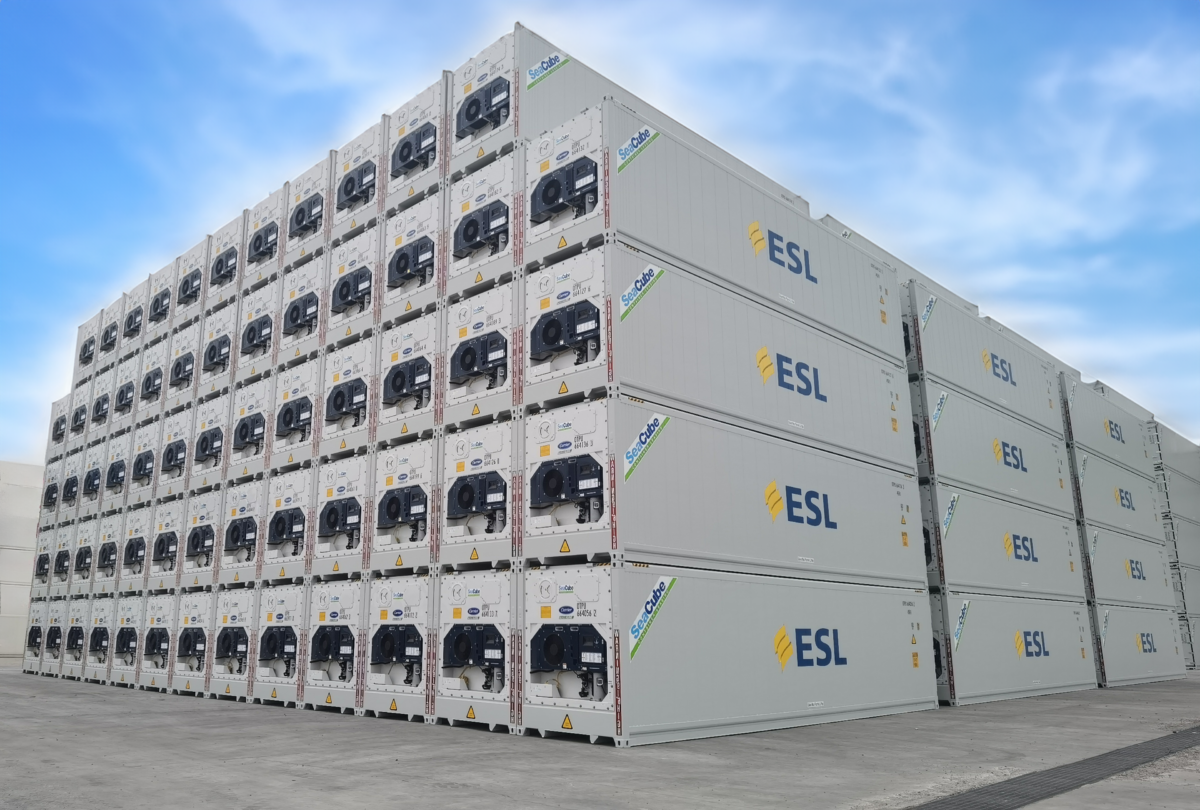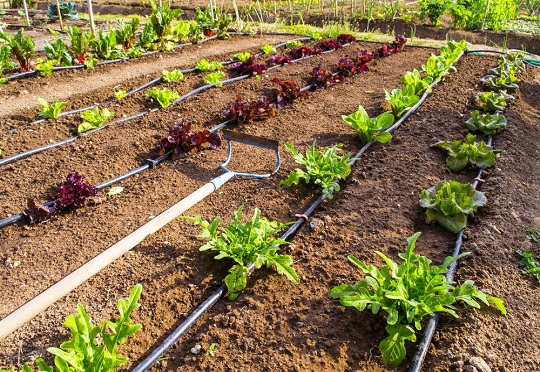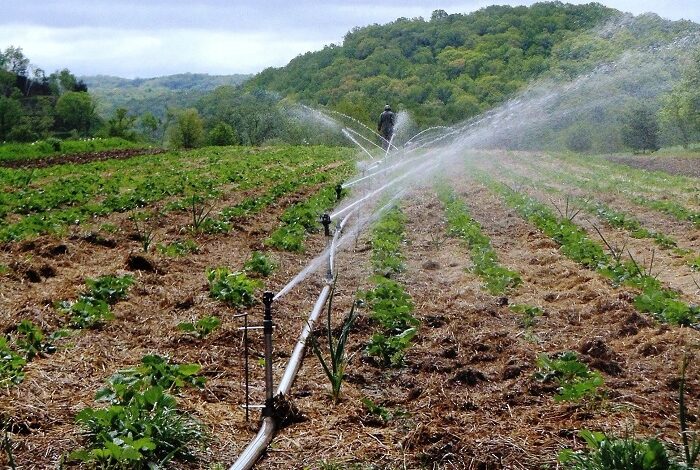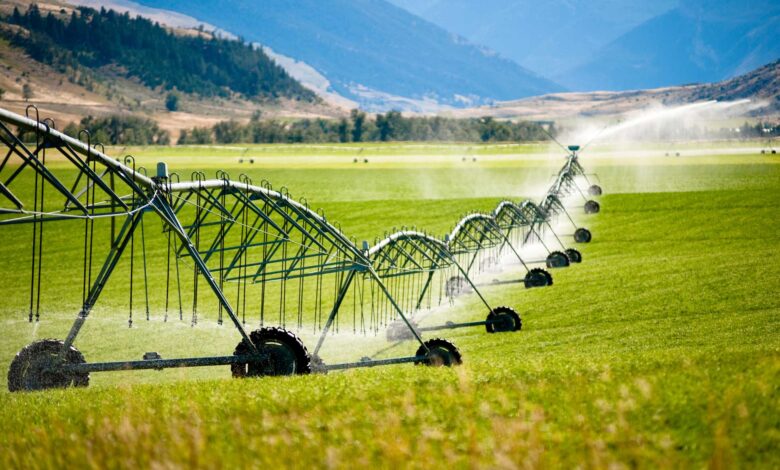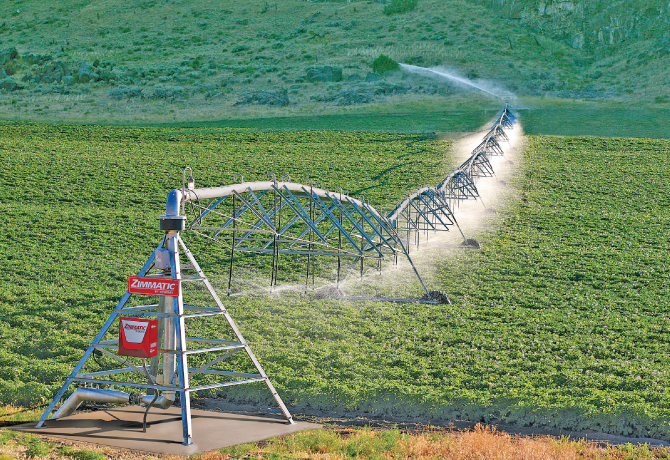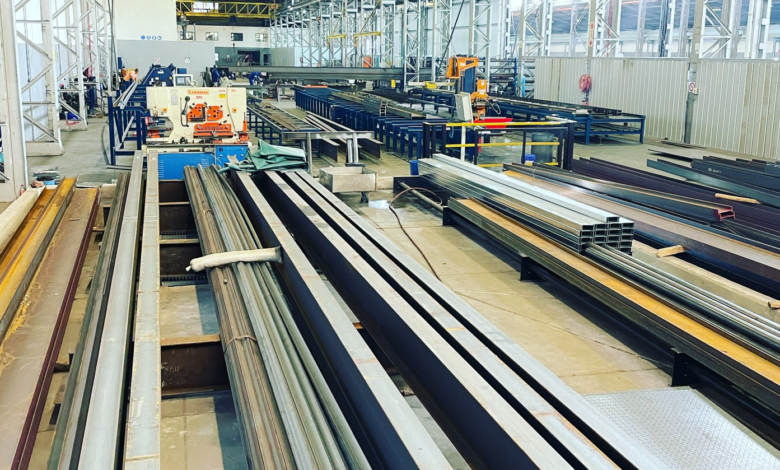Empowerment and Recognition of Women in Construction (ERWIC) Awards held in August this year, celebrated the great strides that women are making in the sector. In order to further discuss how an enabling environment can be created for gender transformation within the construction sector, the Construction Industry Development Board (cidb) hosted a webinar on the 7 October in which winners of the Awards were joined by their male counterparts to discuss what needs to happen within the industry to create an enabling environment for gender transformation.
Nombulelo Monyana, Editor at 3S Media and host for the webinar kicked the session off by stating, “The construction industry has traditionally been a male-dominated industry; however, women are increasingly assuming positions once considered ‘male’ roles, overcoming outdated stereotypes and thriving and succeeding in the construction industry”. 1xbet apk
First to speak was Bongani Dladla, Acting CEO of the cidb who discussed, ‘Supporting the Gender Agenda’. In his opening remarks, Dladla stated that he looked forward to engaging and learning from his fellow panelists. He went on to state: “The cidb has a mandate to both regulate and guide the industry and must be at the forefront of operationalizing government’s 40% set aside for women owned businesses”.
Dr. Julia Nkgomeleng Petla, CEO of Amedzo Trading and Projects discussed ‘Overcoming challenges due to lack of access to projects’ and stated that entrepreneurs needed to be resilient as the path to success is not easy. She added: “Women must embrace the power of collaboration versus competition – as a collective we can embrace greater opportunities.” She went on to question, “How ready are we as women to participate in government’s 40% set aside – do you have the capacity and the resources?” In concluding, she stated that women need to be aware of what government is offering and that more awareness needs to be created.
Lebogang Zulu, CEO of Tshitshirisang Construction and Projects, and multiple award winner discussed ‘The Power of Networking and the impact of Innovation and Technology’. Zulu stated that it is important to be conscious of how we spend our time; the power of the collective and networking; and the importance of collaboration when gearing for opportunities. Zulu says, “We need to capacitate to become relevant by embracing 4IR and all of the technological advancements and embrace the disruptive technologies within our sector”. She concluded by calling on the cidb to take the lead in becoming gender sensitive in relation to procurement policies.
Mark Mfikoe, National Director of ECASA and ERWIC Awards Judge discussed ‘The Critical Role Men play in promoting Gender Diversity’. Mfikoe said: “The single most important element to ensure an enabling environment for women to succeed in the industry is access to market and work opportunities”. He went on to state that the challenge is to change attitudes and perceptions, to challenge the stereotypes embedded in society.
Perseverence Mashale, MEO of Ke Nale Modisa Construction and projects, and award winner discussed, ‘Striving for Success in a Male Dominated Industry’. Mashale stated: “The recognition received from the ERWIC Awards has been a call to commit to work harder and in the process pull other women up with me”.
In a closing, it was agreed that women need to support each other, ‘lift as we rise’ and that empowerment of women in construction cannot happen without the contribution and collaboration of men in the sector. It was also agreed that dialogue and a collaborative approach between government, industry and society collectivism – is critical.




